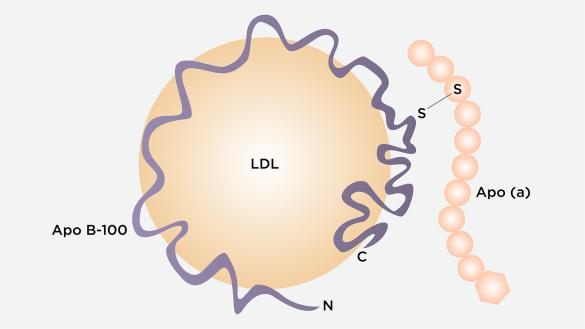PPM, ICD AND ILR CHECKS & FOLLOW-UP

Implanted cardiac devices need to be checked and followed-up closely by the cardiologist. This is to ensure that the device is still functioning well, the settings are optimized and to detect any abnormalities early to allow corrective measures to be taken. The frequency of the follow-up checks depends on the underlying heart problem for which the device was inserted and on the patients underlying medical condition. In general, pacemaker follow-up visits may take place every 3-6 months, whereas ICD checks tend to occur more frequently, every 3-4 months. ILRs may be checked every 3-4 months or can be interrogated in-between scheduled visits whenever the patient experiences any symptoms. The implanted cardiac device can be analysed at the follow-up visit in the outpatient clinic by placing an electronic reader over the device and downloading the information. Some wireless devices can be checked without the need to place a header directly over the device as long as the patient is within the vicinity of the device programmer.


